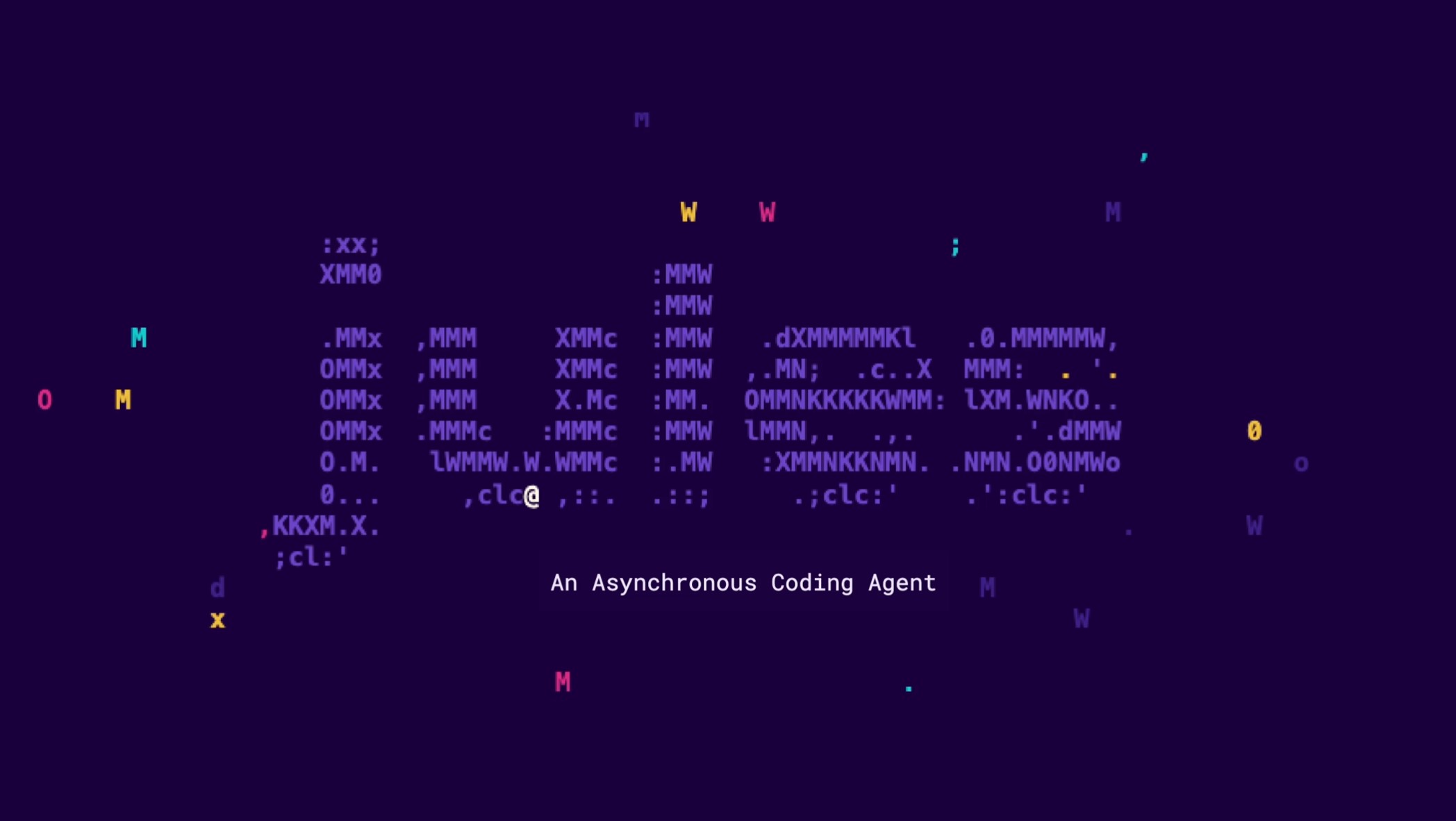
Meet Jules: Google’s AI Coding Agent Set to Transform Software Development Workflows

 :
| Updated On: 07-Aug-2025 @ 4:09 pm
:
| Updated On: 07-Aug-2025 @ 4:09 pmSHARE
As artificial intelligence (AI) transitions from a niche concept to a mainstream tool, it is significantly reshaping the software development landscape. AI is increasingly being adopted by software engineers and developers to write, debug, and optimize code. According to Statista, 82% of developers regularly use OpenAI’s ChatGPT, making it the most widely used AI coding assistant. GitHub Copilot follows at 44%, with Google Gemini at 22%.
The rise of AI agents — autonomous tools that perform complex tasks — marks a significant evolution in development workflows. These agents go beyond mere code suggestions to independently write entire applications, fix bugs, automate CI/CD pipelines, and even generate documentation. This growing trend highlights a shift towards more intelligent, hands-off development tools.
One such tool leading this transformation is Google’s Jules — an advanced AI coding agent introduced as a Google Labs project in December. Integrated with GitHub and powered by Gemini 2.5 Pro, Jules officially exited its beta phase recently and is now available to the public.
Jules functions as an autonomous coding assistant that reads developers' code, understands intent, and performs assigned tasks. It clones a GitHub repository into a secure Google Cloud virtual machine (VM), comprehends the entire project structure, and executes tasks like bug fixing, test writing, feature addition, and code refactoring. Unlike traditional assistants that merely suggest code snippets, Jules is capable of planning, editing, and generating pull requests complete with reasoning and even audio changelogs.
Its ability to deeply understand multi-file systems and real-world project logic sets Jules apart. It enables asynchronous task delegation — meaning developers can assign tasks and shift their focus elsewhere while Jules works in the background. The AI agent supports GitHub pull requests (PRs), automatic branching, and spoken change summaries, making it ideal for both synchronous and asynchronous team workflows.
For developers building frontends, backends, AI models, or full-stack systems, Jules is particularly useful. It automates repetitive code patterns, writes unit tests, and updates outdated dependencies — all of which save time and effort. While other tools like Copilot assist in code completion, Jules functions as a more autonomous co-developer capable of handling significant development workloads independently.
During beta testing, over 140,000 public code improvements were made using Jules. Google has clarified in its privacy policy that while data from public repositories may be used to train AI models, data from private repositories is not.
Targeted at both professional developers and AI enthusiasts, Jules is positioned as the next-generation tool for intelligent software development. Now out of beta, it offers a free usage tier with 15 tasks per day. Since launch, Jules has garnered 2.3 million visits globally, with India, the US, and Vietnam being the top contributors to its growing popularity.
In conclusion, Jules is not just another AI coding tool; it is a full-fledged AI agent redefining how developers work — streamlining tasks, enhancing productivity, and paving the way for the future of autonomous software development.